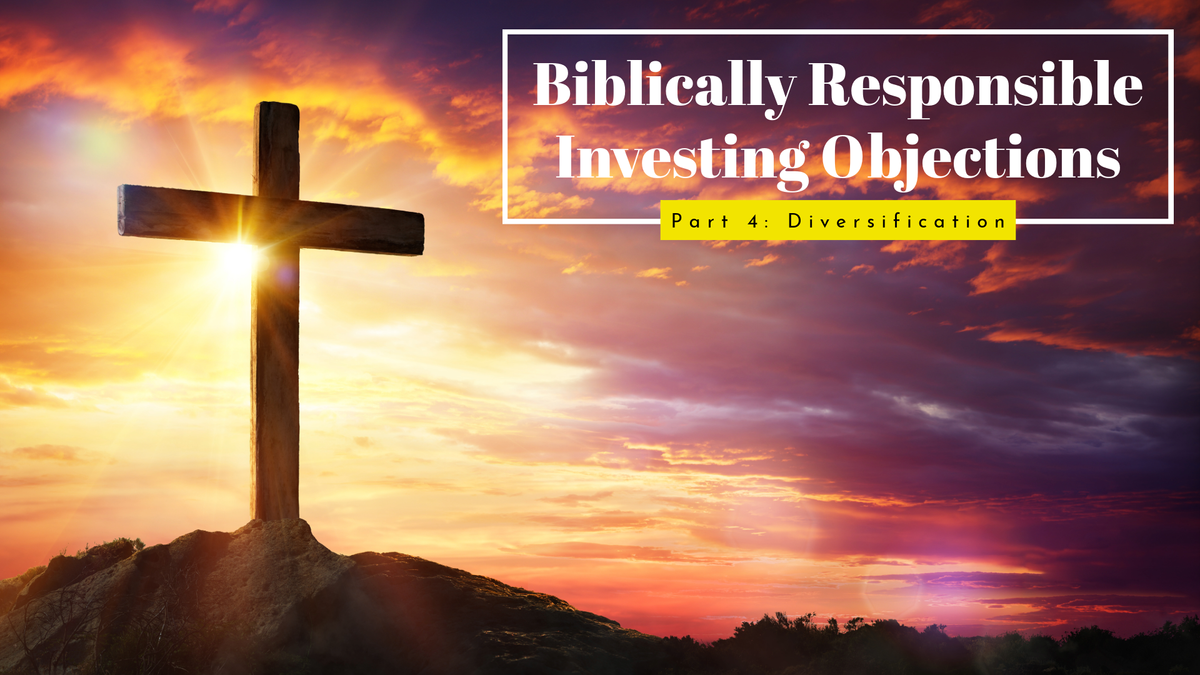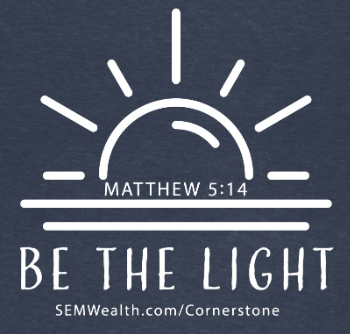So far in our Daniel study, Nebuchadnezzar has been the king of Babylon. However, we are now going to see a new king on the throne – Belshazzar. Last month, we saw what happened to Nebuchadnezzar when he was prideful versus when he humbled himself. Now, we’re going to see that Belshazzar didn’t learn anything from Nebuchadnezzar. Before we jump in and see how the reign of Belshazzar goes, I want to start with a question: What are some of the most outrageous ways you have witnessed people try to challenge the reality and holiness of God? Belshazzar's actions are just one example.
When Belshazzar begins his power, his first action is to plunder the royal treasury of artifacts from God's temple. He passes out goblets that were used by God's priests to his concubines and guests, toasting to his own power and getting drunk while worshiping his own fake gods. Obviously he didn't learn from Nebuchadnezzar's idolatry and pride.
In the middle of all this, a hand appears and writes four words on the wall: mene, mene, tekel, parsin (see verse 25). Belshazzar's color changed and he was concerned, but he didn’t know what the writing on the wall meant. Like the wise men who could not understand Nebuchadnezzar's dreams, they couldn't interpret those 4 words. Belshazzar's wife suggests that Daniel be brought in to interpret it because she heard "the spirit of the holy gods" is in him.
Daniel comes to interpret the message; however, he refuses the wealth Belshazzar offers him. He is also angry that Belshazzar had not learned anything from the pride and humbling of Nebuchadnezzar. Daniel says God has come to judge his proud heart. Here's Daniel's interpretation of the writing on the wall-- it's more complex than just four little words:
There are three levels of meaning behind the words. The first is the basic interpretation, the words relate to units of measuring weight: a mina, a shekel, and a half-shekel. This isn't what the full meaning was behind the words in this circumstance.
The second level, Daniel turns the sounds into similar-sounding verbs: numbered, weighed, and divided. But the final level is the most important part of the interpretation. Daniel finishes interpreting the writing on the wall by providing a play on words based on those verbs:
The complex interpretation Daniel provided for mene, mene, tekel, parsin is this: Belshazzar's days are numbered and the countdown is over, he has been weighed and found too light, and his kingdom will be divided between two nations (Media and Persia).
Daniel 5: 29-31
29 Then Belshazzar gave the command, and Daniel was clothed with purple, a chain of gold was put around his neck, and a proclamation was made about him, that he should be the third ruler in the kingdom. 30 That very night Belshazzar the Chaldean king was killed. 31 And Darius the Mede received the kingdom, being about sixty-two years old.
After finishing the interpretation, Belshazzar gave Daniel the promised reward; however, that same night, Belshazzar was assassinated and Darius the Mede took the kingdom.
So far in Daniel, we were able to see what happens when we humble ourselves (see Daniel 4 with Nebuchadnezzar), and see what happens when we don't (Belshazzar's story in Daniel 5). The study through Daniel has shown us that all proud leaders will fall. The people using their power to mock God and His kingdom will eventually be destroyed. Jesus is coming to number, divide, and weigh the proud rulers of the world!
The writing is on the wall, so don't be like Belshazzar with his pride! Those who refuse to humble themselves before God will all fall.
Cornerstone Impact Update
For part of 2024, we’re going through a mini-series: Objections of BRI. Through this series, we will be talking about some of the common objections people give us with Biblically Responsible Investing and our Cornerstone Portfolios. Each month, we’ll talk about an objection and the rebuttal or how we respond when we receive these objections.
We understand that these portfolios aren't for everybody; however, if you're interested in them but are held back by the fear of not being able to diversify your portfolio with BRI, then you'll want to read April's blog. It's a common assumption that there is a lack of offerings or diversification in BRI, but that assumption is wrong.

Eventide
While the well-known part of Biblically Responsible Investing is not profiting from companies with questionable morals or products, it should go beyond just avoiding companies. The goal should be to make the world a better place through our investments – as Christians, we should care what happens to our neighbors (near and far). Eventide is doing this through their 1% initiative. Essentially, they are allocating a portion (1%) of their assets under managements towards socially impactful investments, with a focus on the most vulnerable populations (in and out of the United States.)
You can learn more about this initiative and what Eventide's goal is with this on their website:
Free Cornerstone T-Shirt

Have you ordered one of our new Cornerstone t-shirts? Fill out the order form below, and we'll send you a free shirt!






